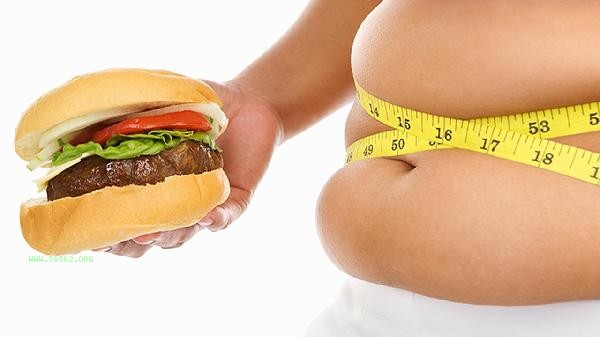Dieting to lose weight may lead to an increase in uric acid levels. The increase in uric acid levels is mainly related to factors such as excessive restriction of calorie intake, accelerated muscle breakdown, increased ketone body production, insufficient water intake, and accumulation of metabolic waste.

1. Excessive calorie restriction: When the daily calorie intake is below 60% of the basal metabolic requirement, the body will activate a hunger mode. At this time, the liver breaks down glycogen reserves and increases purine metabolites, directly pushing up uric acid levels. It is recommended to reduce 300-500 calories per day and avoid extreme dieting.
2. Accelerated muscle breakdown: When protein intake is insufficient, muscle tissue is broken down to provide energy. The purine released by muscle cell rupture is metabolized by the liver into uric acid, which can increase blood uric acid levels by 30-50 μ mol/L in the short term. Maintaining a protein intake of 1 gram per kilogram of body weight can effectively prevent it.
3. Effects on ketone body formation:
An extremely low carbohydrate diet can promote the breakdown of fat to produce ketone bodies. Ketones such as β - hydroxybutyric acid compete with uric acid for renal excretion channels, leading to uric acid retention. Individuals on a ketogenic diet often experience a 15% -25% increase in uric acid levels compared to baseline.
4. Insufficient water intake: During dieting, there is often a decrease in water intake, and urine concentration reduces the solubility of uric acid. When drinking less than 1500 milliliters of water per day, the risk of uric acid crystallization increases by 2-3 times. It is recommended to maintain a water intake of at least 2000 milliliters to promote excretion.

5. Accumulation of metabolic waste:
During rapid weight loss, the free fatty acids produced by fat breakdown need to be processed by the liver, which increases the metabolic burden. Temporary abnormalities in liver function can affect uricase activity, leading to a 10% -20% decrease in uric acid clearance rate.
Scientific weight loss should avoid a daily calorie deficit of more than 500 calories, ensure that the intake of high-quality protein reaches 20% of total calories, and the proportion of carbohydrates is not less than 40%. Losing no more than 0.5-1 kilogram per week can effectively stabilize uric acid levels. It is recommended to choose low impact aerobic exercises such as swimming and cycling, and to participate in resistance training twice a day for 30-45 minutes. Moderate intake of low purine foods such as cucumber, winter melon, and cherry can be increased, while avoiding high purine foods such as animal organs and thick meat soup. If symptoms of gout such as joint redness, swelling, heat, and pain occur, it is necessary to seek medical attention promptly and have blood uric acid levels tested.





Comments (0)
Leave a Comment
No comments yet
Be the first to share your thoughts!